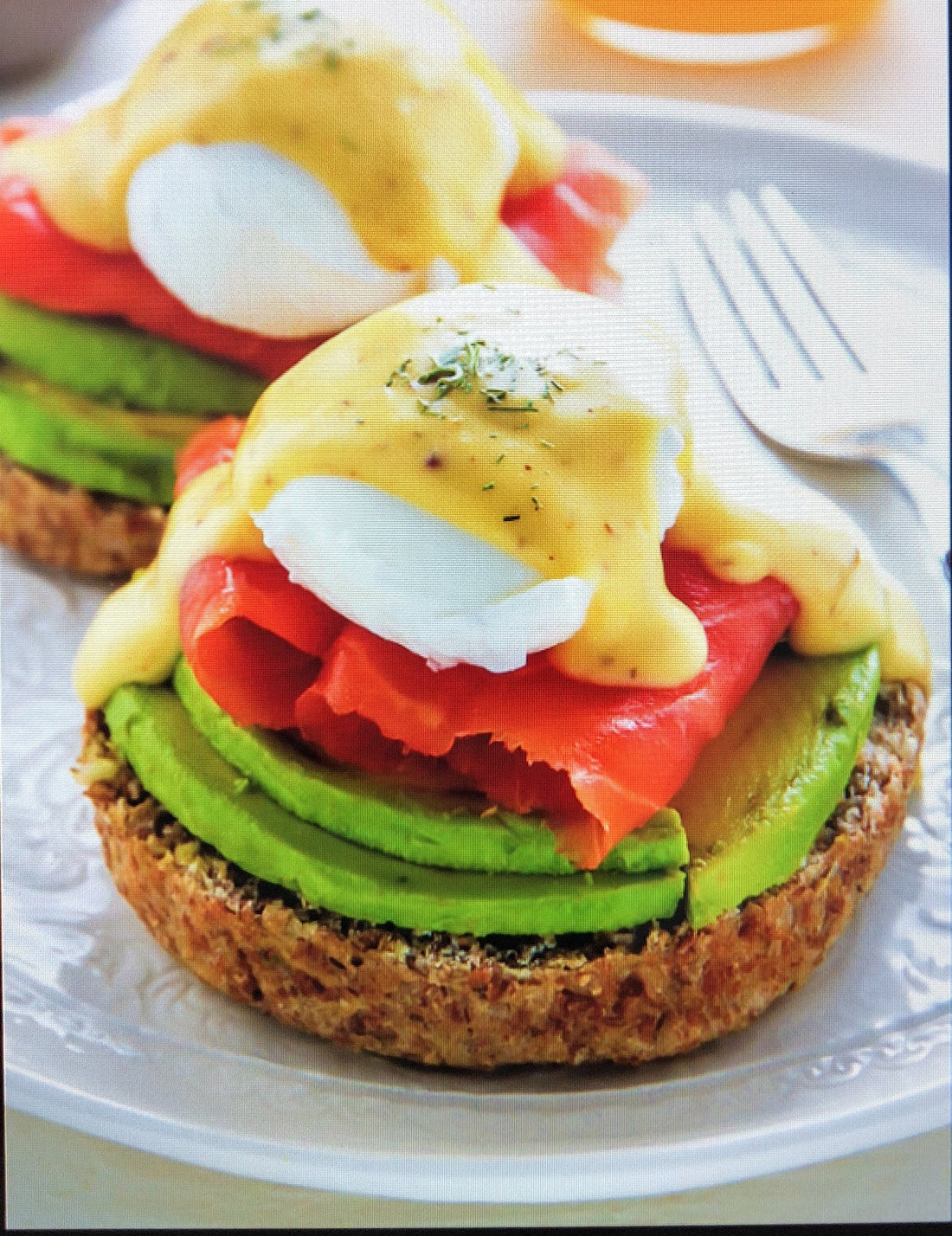Food for Thinning Hair
Nutrition may be the key to stronger strands
by Shelley Emling
Eggs have key nutrients that may prevent hair loss and avocados may help keep it soft and shiny.
En español | Have you started seeing globs of hair in your brush or shower drain? If so, you’re not alone.
By the age of 50, as many as 85 percent of all men have experienced a thinning of their hair, according to the American Hair Loss Association, a consumer organization dedicated to the prevention and treatment of hair loss. Women, too, often see hair loss as they age, with as many as 40 percent of all women experiencing hair thinning. For women, the most common cause is female pattern hair loss (FPHL), a condition that affects millions, especially those 50 and older, according to the American Academy of Dermatology.
The reasons for hair loss vary. It can be caused by childbirth or other stressful events. Heredity, thyroid levels and even frequent use of a flat iron can also be to blame. Since hair loss is less socially acceptable for women than it is for men, it can take a toll on a woman’s emotional well-being and level of confidence, experts say. Even so, loss of hair can be unsettling for both sexes.
But the good news is that not all hair loss is permanent. By increasing your intake of foods rich in certain nutrients, you may be able to strengthen your strands.
Here are five good-for-your-hair foods that you might want to add to your diet.
Carrots
Carrots are rich in beta-carotene, which, in the body, gets converted into vitamin A. Vitamin A not only helps preserve good vision and boosts your immune system, it’s also good for your hair and skin. In addition, carrots contain biotin, which helps promote hair growth. Other good sources of beta-carotene are sweet potatoes, spinach and kale.
Salmon
Although more research is needed, some studies in years past have pointed to a connection between a vitamin D deficiency and hair loss. Why? Because vitamin D appears to aid in the stimulation and nourishment of hair follicles. One of the best sources of vitamin D is salmon, which also contains omega-3 fatty acids. Omega-3s lubricate the scalp and reduce the dryness that can lead to hair breakage. If you choose to take a vitamin D supplement, though, be sure to check with your doctor first, as excessive intake can cause nausea, constipation and other side effects.
Eggs
Eggs not only have protein and iron, but also biotin, which helps control hair loss by improving the infrastructure of keratin — which is what hair is made from. (Many people even take biotin in supplement form in order to try and stimulate hair growth.) Furthermore, the folate in eggs also acts as a hair booster. Keep in mind, though, that it’s the yolk that’s key — not the egg white.
Avocados
Avocados are rich in the monounsaturated kind of healthy fat that can help keep your hair soft and shiny. They also are high in vitamins B12 and E, which may improve the quality of your hair strands. Avocados may also help spark the production of collagen and elastin if applied topically to your hair and scalp, usually as part of a conditioner.
Oysters
Oysters contain more of the mineral zinc per serving than any other food, according to the National Institutes of Health. And zinc helps spur hair growth — so much so that people with a zinc deficiency may suffer from hair loss or slow growth. Important to note: A zinc deficiency can be caused by deficiencies of vitamin A.
Cheers to your health-
Lookingvibrant.com

